Khayyam satellite will make contributions to many fields of science and technology: Author
American author Marsha Freeman believes that Iran’s Khayyam satellite which was successfully placed into orbit last week will make huge contributions to the country’s science and technology fields as it can enhance digital communications.
Iran’s Space Organization launched the domestically-built “Khayyam” satellite with a wide range of environmental functions at 10:22 local time on Tuesday. Named after Persian polymath Omar Khayyam (1048 – 1131), the satellite was put into orbit by a Russian Soyuz rocket from the Baikonur space station in Kazakhstan.
“Omar Khayyam (1048-1131) was a Persian polymath, that is, a person who has a broad knowledge or learning, and was known globally for his contributions in mathematics, astronomy, philosophy, and poetry. Similarly, the satellite which bears his name will make contributions to many fields of science and technology,” Freeman told Press TV in an exclusive interview.
She noted that the topographic maps provided by the satellite can “facilitate the planned extension of Iran’s railway network and will also provide the basis for improved digital communications in the country.”
With remote-sensing applications, the satellite will send high-quality pictures four times a day for use in environmental and agricultural research and monitoring of water resources, according to Iran’s Space Organization.
The maps and data will be used for improving agricultural productivity, enhanced monitoring of Iran’s water resources, managing natural disasters, supervising development projects under construction, observing environmental hazards, monitoring mines and relevant excavations, and keeping a close watch on the country's borders.
Freeman, who has authored hundreds of articles on space programs, noted that Iran has followed the same path of development as other states that plan to “enter the space age.”
Buying capacity on someone else’s satellite and preparing the ground infrastructure, such as telecommunications systems, is the first step, she said. “The next step is to train an engineering workforce, which can develop the country’s first domestically-built communications satellite, which Iran has accomplished.”
“Then low-Earth orbit satellites with different assignments, such as Khayyam which look down at the Earth, are developed as well.
Iran's Space Organization received the first telemetry data sent from the "Khayyam" satellite hours after the launch.
The satellite was launched at the velocity of 7.6 kilometers per second and was placed into an LEO orbit 500 kilometers above the earth’s surface some 480 seconds after the blast-off.
Sanctions cannot prevent countries’ development
Despite sanctions imposed by Western countries on Iran in recent years, Iran has managed to take giant strides in different fields of science and technology.
Answering a question about her comment on this issue, Freeman said, “Sanctions have been the most ineffective attempt to prevent a nation from developing.”
She added that sanctions “often produce a result opposite to what they intend,” referring to failed US-imposed embargos against India in the late 1990s aimed at preventing the country from developing advanced rocket engine systems.
“Although it delayed the Indian program, they ultimately succeeded in accomplishing that task through their own efforts.”
VIDEO | Press TV's news headlines
Senior Russian general shot and wounded in Moscow: Officials
UK ordered in 'milestone' court ruling to pay $570 million for colonial-era massacre
VIDEO | Defying the rubble, Gaza opens its first face-to-face school since start of war
‘Ready for next round’: Million-man rally in Yemen backs Gaza, resistance
FM Araghchi departs Muscat for Doha following nuclear talks with US
Israeli keeps killing more Palestinian civilians in Gaza amid relentless ceasefire violations
Aliyev: Azerbaijani territory will not be used for threats against Iran


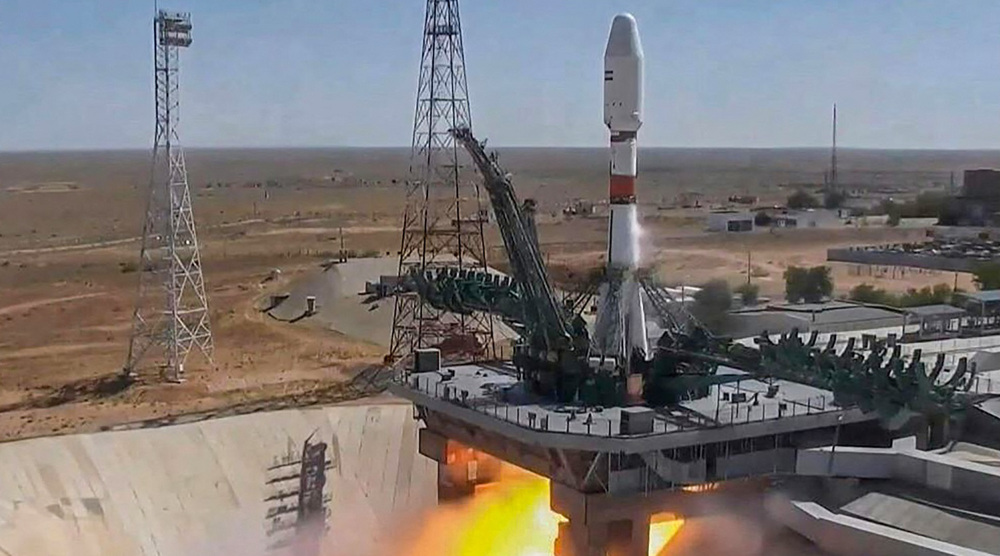
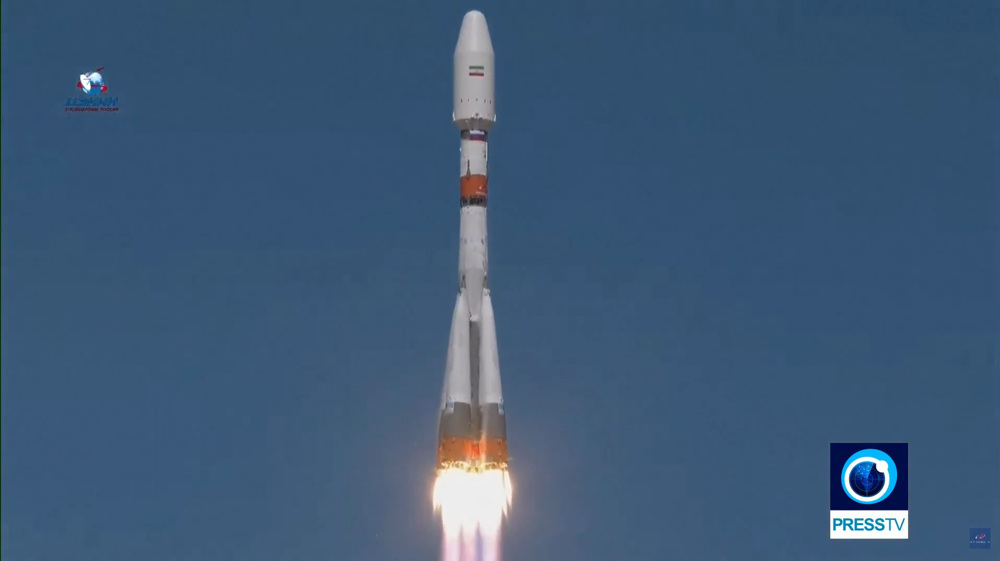


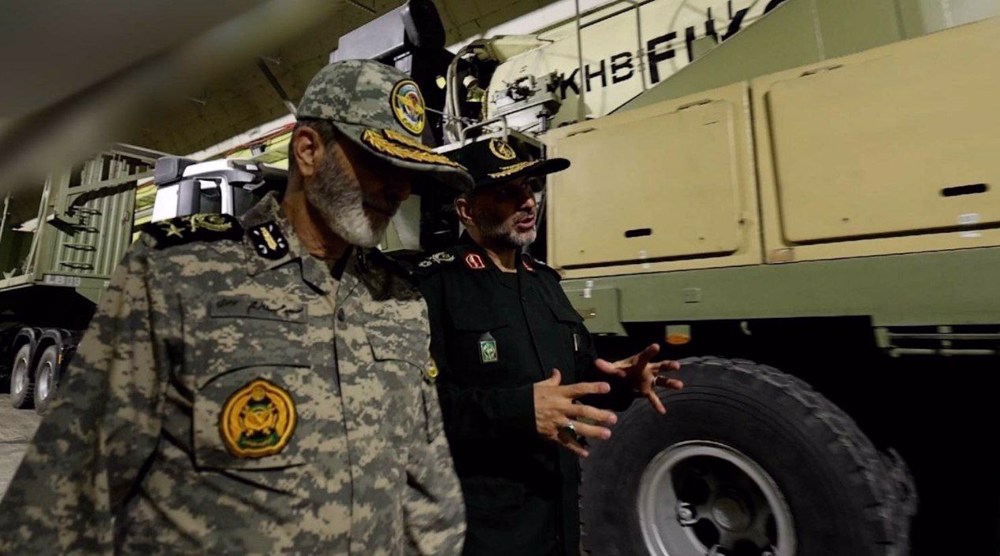



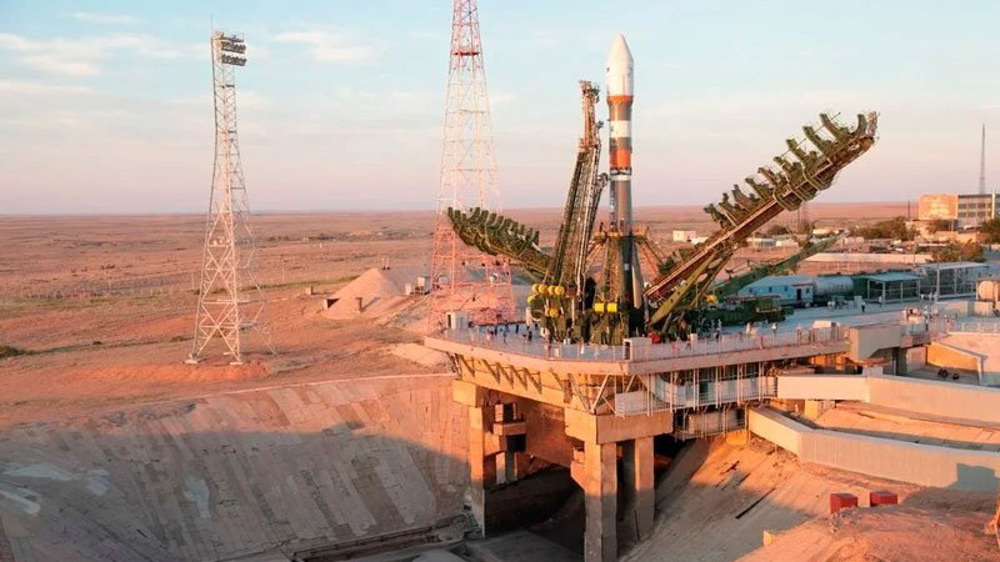
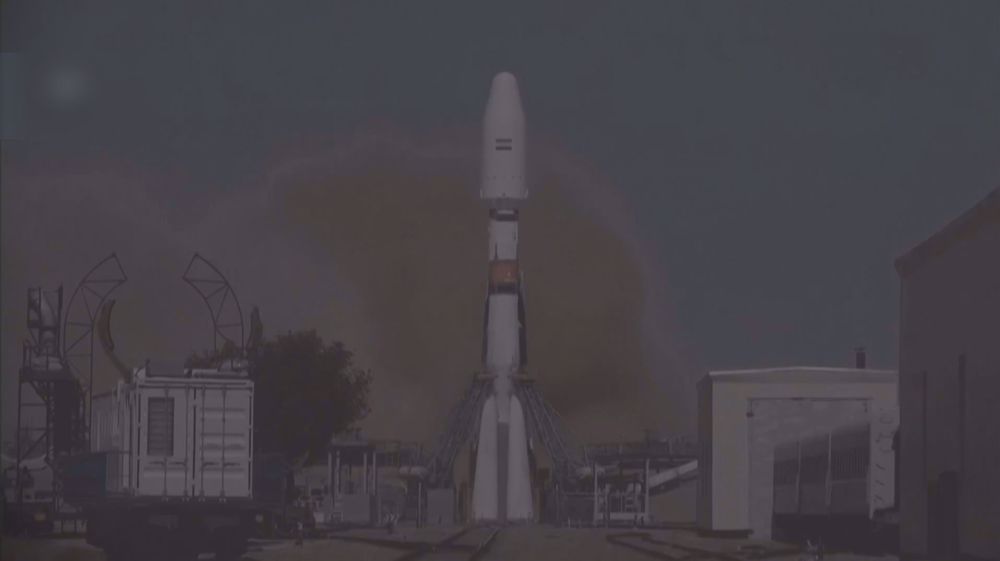
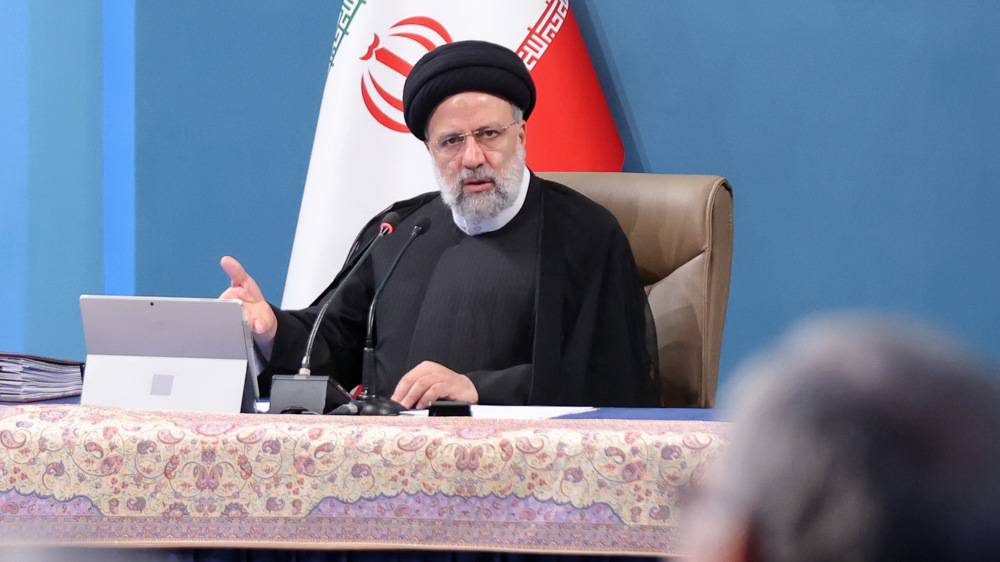
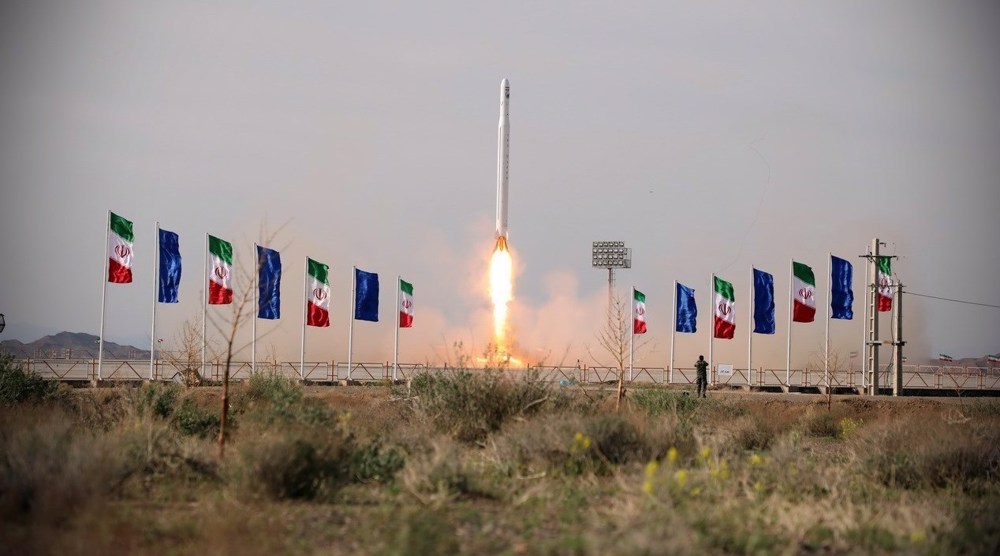

 This makes it easy to access the Press TV website
This makes it easy to access the Press TV website